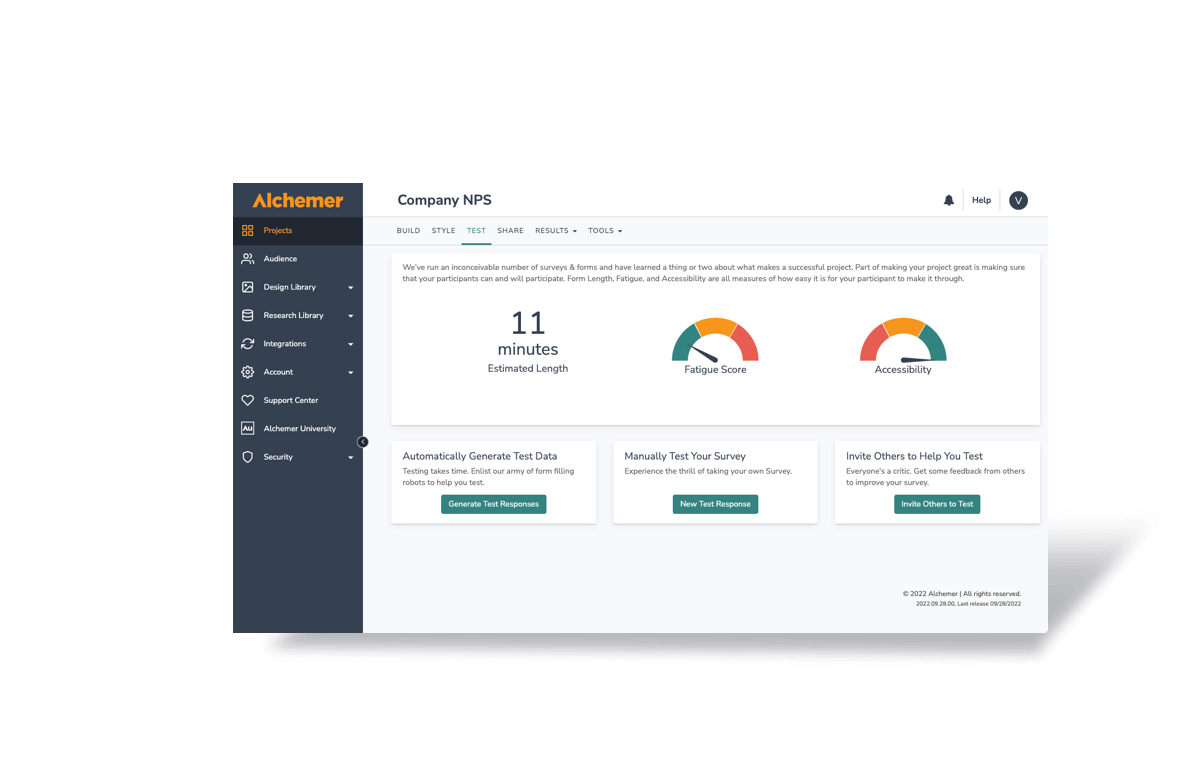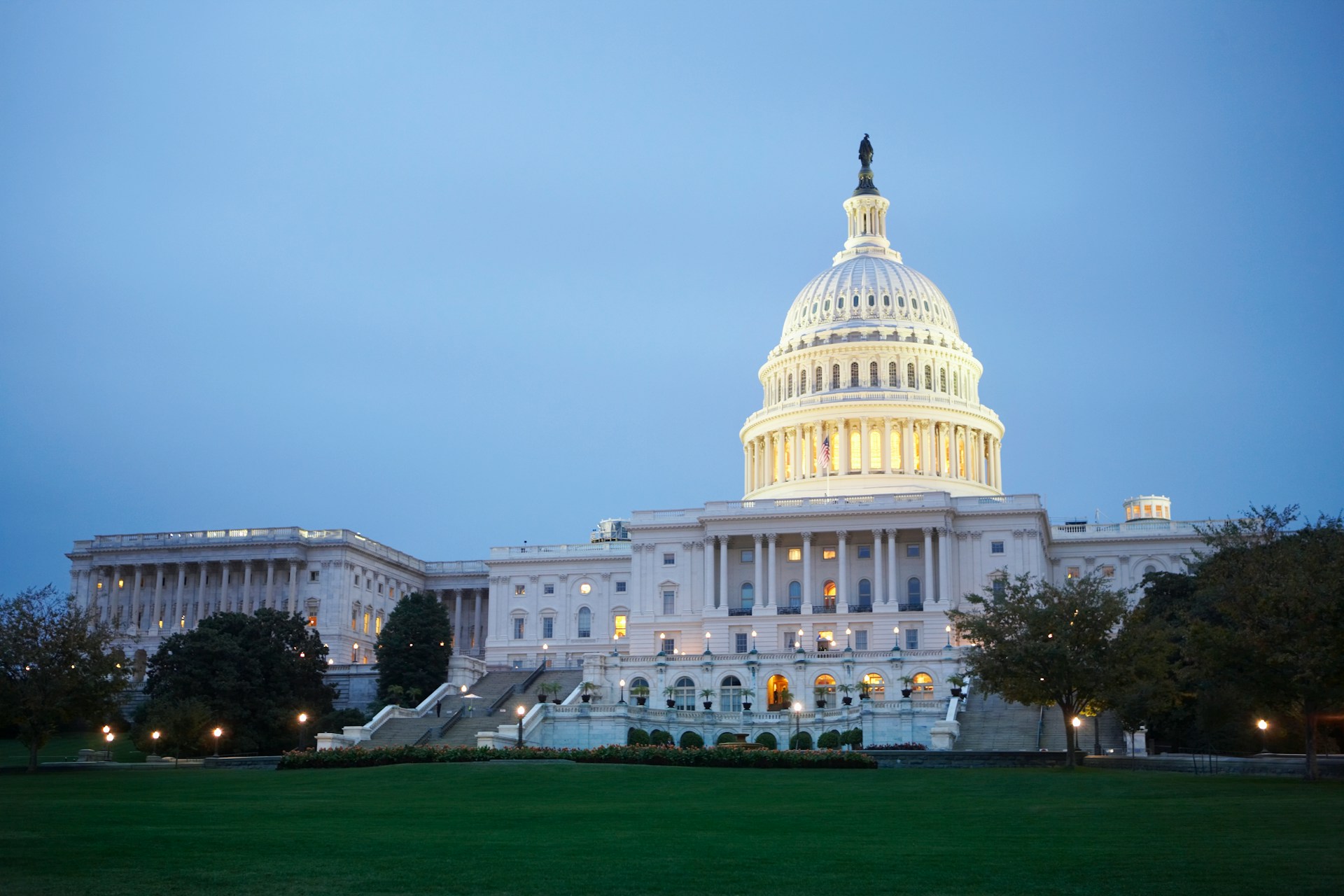I first heard of this great ideology at a conference a few years back. We aren’t in the business-to-business world or the business-to-consumer world — rather, we are in the human-to-human world.
Bryan Kramer, CEO of Purematter, popularized this concept. He frequently speaks on the topic of H2H in TED Talks. His work emphasizes the importance of including empathy in customer experience.
“Businesses do not have emotion,” says Bryan Kramer. “People do. People want to be a part of something bigger than themselves. People want to feel something. People want to feel included. People want to understand. But people are also humans, and with that comes mistakes. Missteps. Failures.”
As a society, we often become absorbed in daily business activities. We tend to prioritize everything based on the revenue it generates or its impact on the bottom line.
We forget that we do business not with other companies, but with other people.
Experiences are a Make-or-Break Factor
I’ve been writing a lot about CX here at Alchemer recently. We are even hosting an hour-long webinar October 3 on this topic.
In researching and discussing this topic with experts, I began reflecting on what I value in an experience. I took the time to sit down and create a list of what I love, what I am willing to overlook, and what I consider total deal breakers.
So, it was not surprising to me that this list was top-of-mind when I went on vacation last week.
A Vacation Experience Gone Wrong
I booked a condo in the mountains for two nights. Before booking, I conducted thorough due diligence. I read the reviews, cross-checked the host’s credentials on AirBnB, and asked all the necessary questions.
After confirming the reservation, I felt confident that the experience would ease the cost of the trip. Because after all, we all unload our wallets for a good experience.
Deal Breakers During Our Stay
I understand that writing about CX is part of my job. So, it naturally weighs more heavily on my mind when dealing with businesses. However, the experience we received was nearly vacation-ruining. Here was my list of the deal breakers that tallied up over only two short days:
- No on-site parking (not mentioned in the advertisement)
- The room was located next to a busy loading zone. It also faced a frequent thoroughfare where cars drove by, likely searching for a parking space
- The staff acted negatively and offered no solutions to any issues that arose
- The front desk’s communication quickly deteriorated. The staff first told us one thing and then, a few hours later, provided the complete opposite information.
Reflections on the Experience
The beautiful location, my family, and our well-planned activities made everything go off without a hitch. However, the experience at the condo left me with a sour taste and regret about the vacation.
And then it hit me: experience really is a make-or-break aspect of continued business. I felt so agitated that I decided to voice my concerns on Yelp. I also posted on the business’s Facebook page and Twitter—anywhere that might hear me.
Then, I took a step back and breathed deeply. I decided not to air my grievances on social networks and instead tried to speak face-to-face with a staff member. Unfortunately, that attempt was also a spectacular failure.
The Human Element in Customer Experience
I felt like a number, not a person, just a contributor to the management company’s bottom line.
I share this story to emphasize a point. No matter how beautiful the location or how great the company is, inconsistent or misaligned experiences can be a showstopper.
Why CX Strategies Matter
This personal experience highlights a broader issue. It shows why customer experience and service experts are now adopting experience strategies more aggressively across industries. It’s no longer groundbreaking or rocket science. A better customer experience from the first interaction leads to higher profits and stronger customer relationships.
Building and Sustaining Meaningful Relationships
“Thinking of your client as somebody who is beyond just a number, whether it’s the NPS score or the beyond the total contract value, and actually seeing and having compassion and empathy and understanding,” Theresa Delgado, director of customer experience at OpenWater told us.
If the condo staff had shown even a slight sliver of compassion or empathy towards me and the other guests without parking, we could have repaired the experience. To Delgado’s point, viewing your client as more than just a number makes a significant difference. It helps build a meaningful relationship.
“Having a meaningful relationship that you can have with that customer will inevitably turn that customer into an advocate for you within their organization to other departments and making sure they’re always returning,” says Delgado.
At the end of the day, things happen. Planned experiences often go in the opposite direction. When companies admit these flaws and show that they’re human, the customer will likely positively respond.
A Lost Art: Listening
“Being someone in customer success and customer support and customer experience, you have to have the skill to listen, to actually listen to what people are saying, and having the ability to then pick up at what they’re not saying as well as having the ability to ask questions to get to the root of the problem,” says Delgado.
I didn’t feel heard by the management. Neither did the line of other customers who were experiencing similar hurdles in their vacation.
Collectively, we felt like a booking statistic rather than tired travelers looking forward resting. What bothered us the most was that we didn’t feel heard. We also felt that our experiences didn’t matter to management.
“There’s always going to be a positive and negative feedback — that’s a reality,” says Delgado. “The negative feedback is actually something that you want to get because that’s the only way that you can grow and it’s the only way that you can actually prevent something from becoming a larger problem and losing customers as a result of it.”
For managers across industries that deal with frustrated customers (like I was…) take it as a learning opportunity, at the least. We learn from our mistakes. For me, I will be for sure asking about parking in future vacation plans.
For companies across various industries—hospitality, transportation, retail, technology, entertainment, and beyond—the lesson is simple. Listen to your customers and be human. Those two aspects go extremely far for the customer and do wonders for working out the kinks of improving your overall CX strategy.





